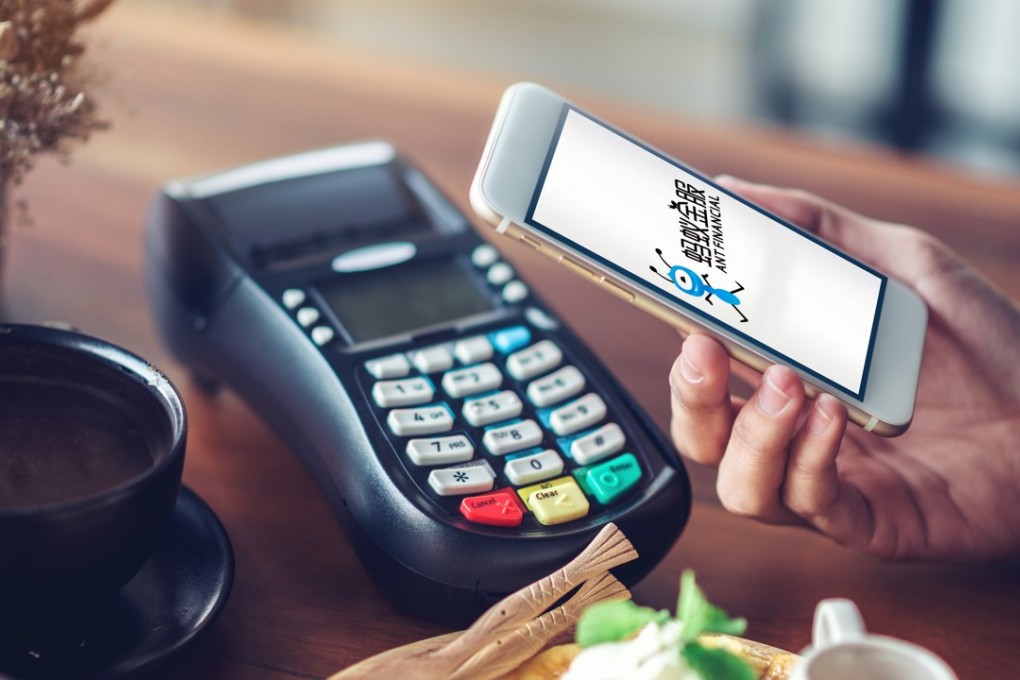Singapore, Hong Kong push to go cashless, as China pulls ahead in electronic payments
Like Hong Kong, Singapore is nudging its population to embrace mobile payments. The city state has pledged to reduce cash withdrawals at ATMs and phase out paper checks by 2025

At Hangzhou’s Xiaoshan International Airport, there is no cashier at the KFC taking orders. There are not even self-service touch screen kiosks.
To order a Zinger or fried chicken, consumers sit down and scan the QR bar code at their tables and place their orders via smartphone. Payment is made either with Alipay or WeChat Pay. The meal is prepared and a message sent to the smartphone when it is ready to collect.
Such frictionless order-and-payment system in China is no longer a novelty, but used by the public on a large scale, whether in convenience stores or buying pancakes off a roadside stall in Beijing.
In Singapore, the government has tried to nudge its population to embrace mobile payments. In the latest measure, the city state has pledged to reduce cash withdrawals at automated teller machines and phase out paper checks by 2025.
By comparison, most people in China have never used a paper check in their lives.